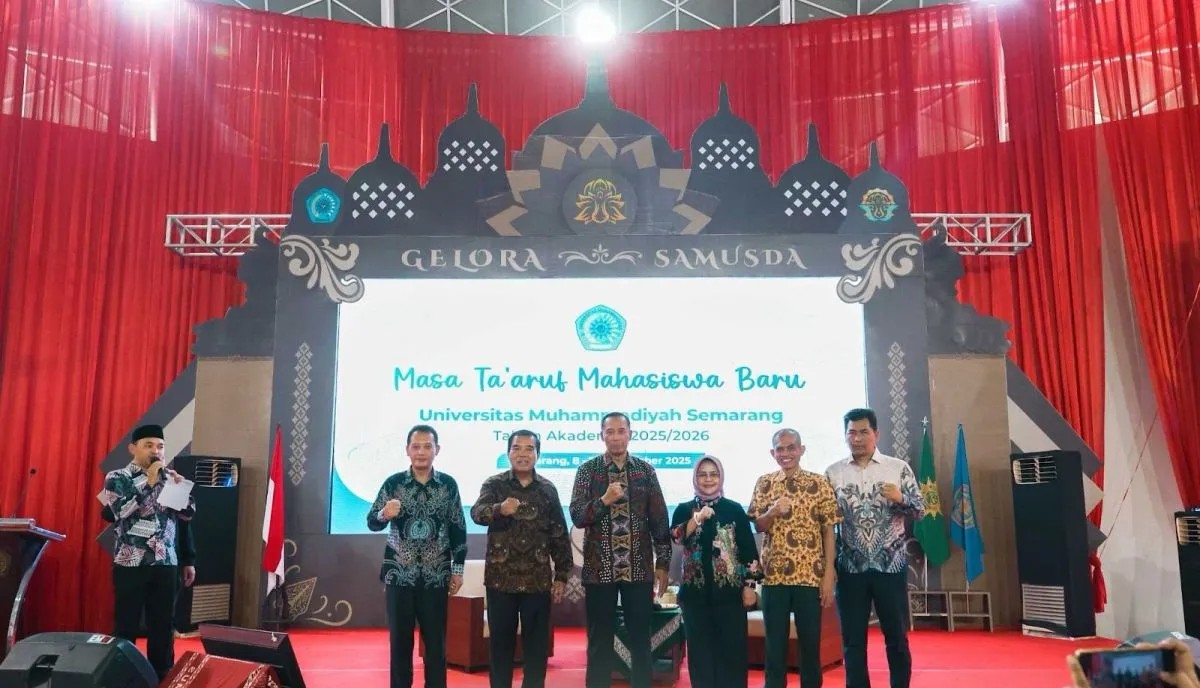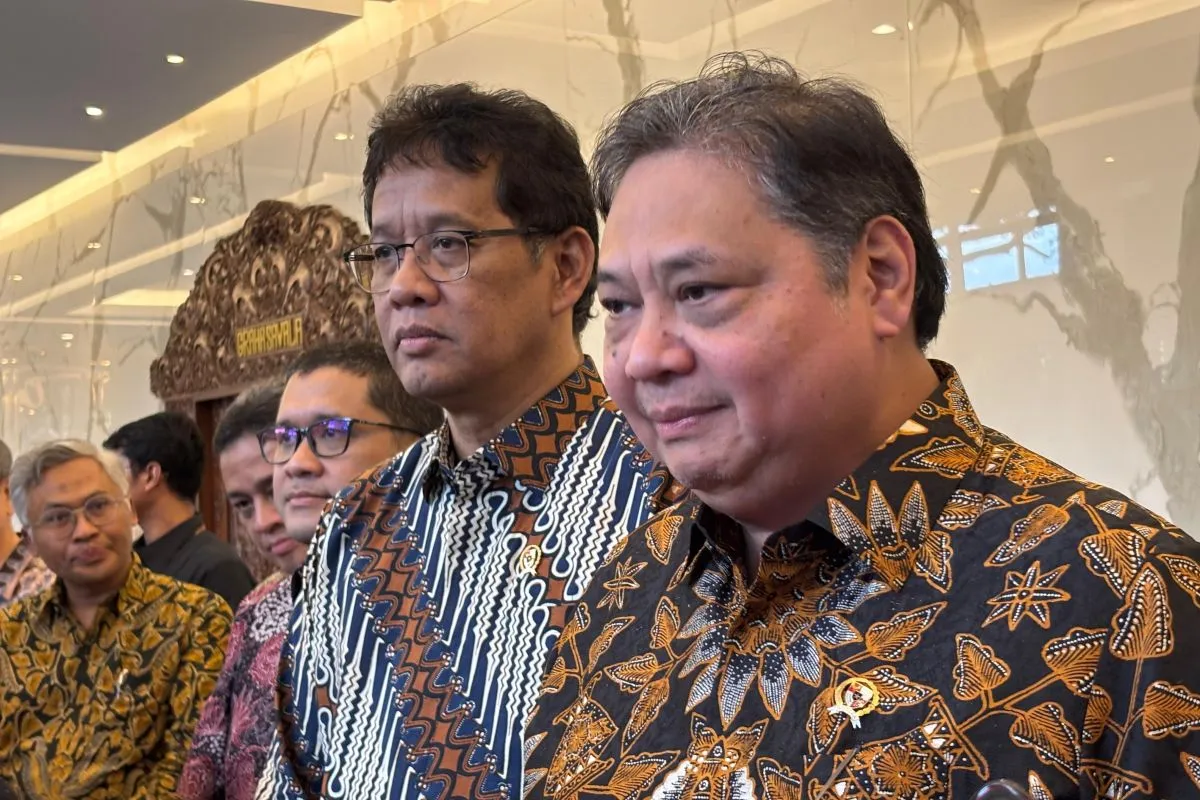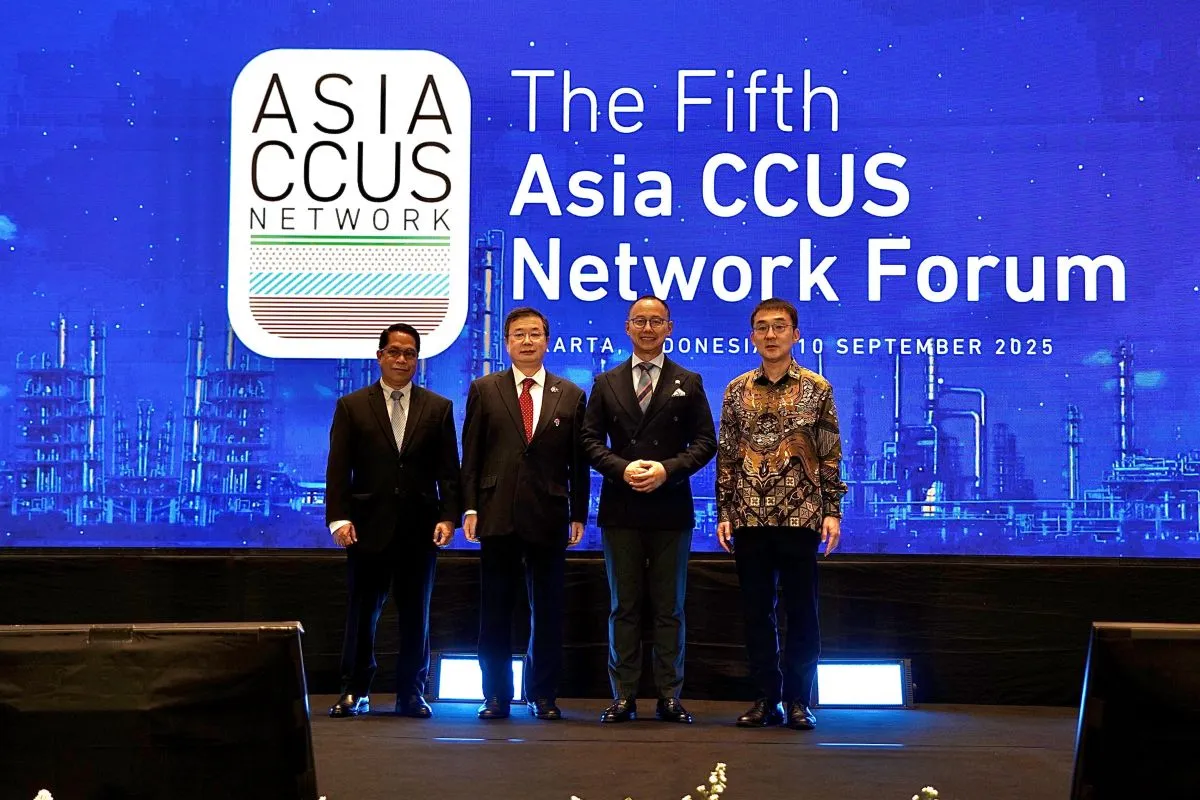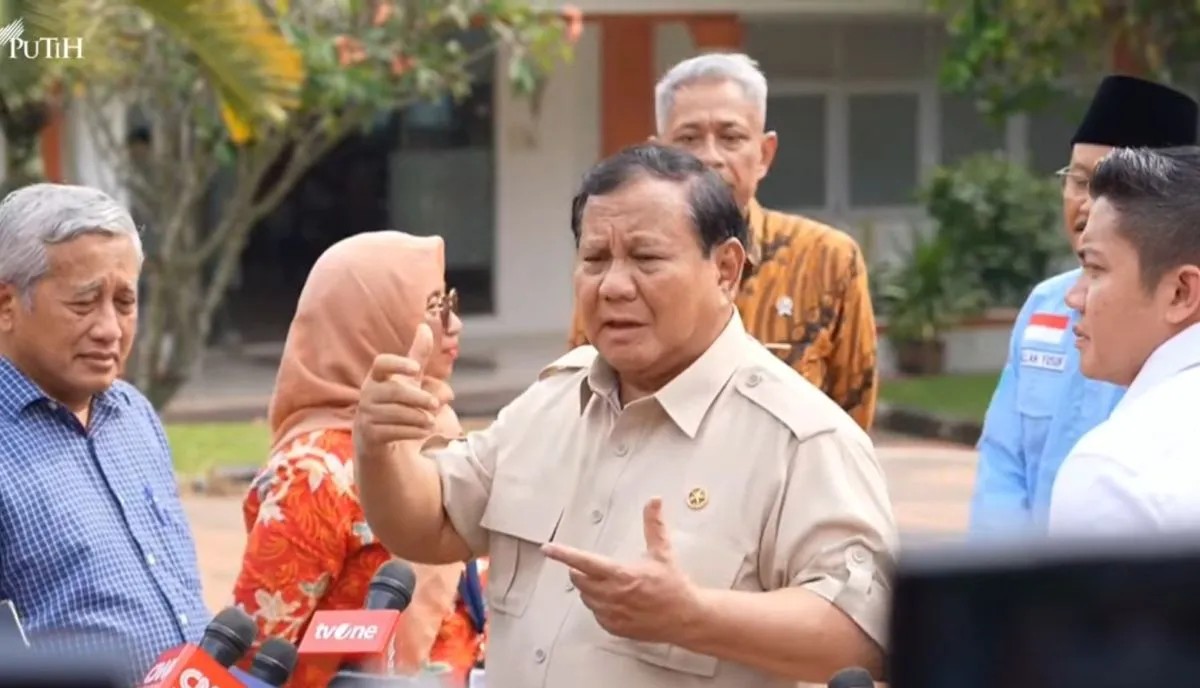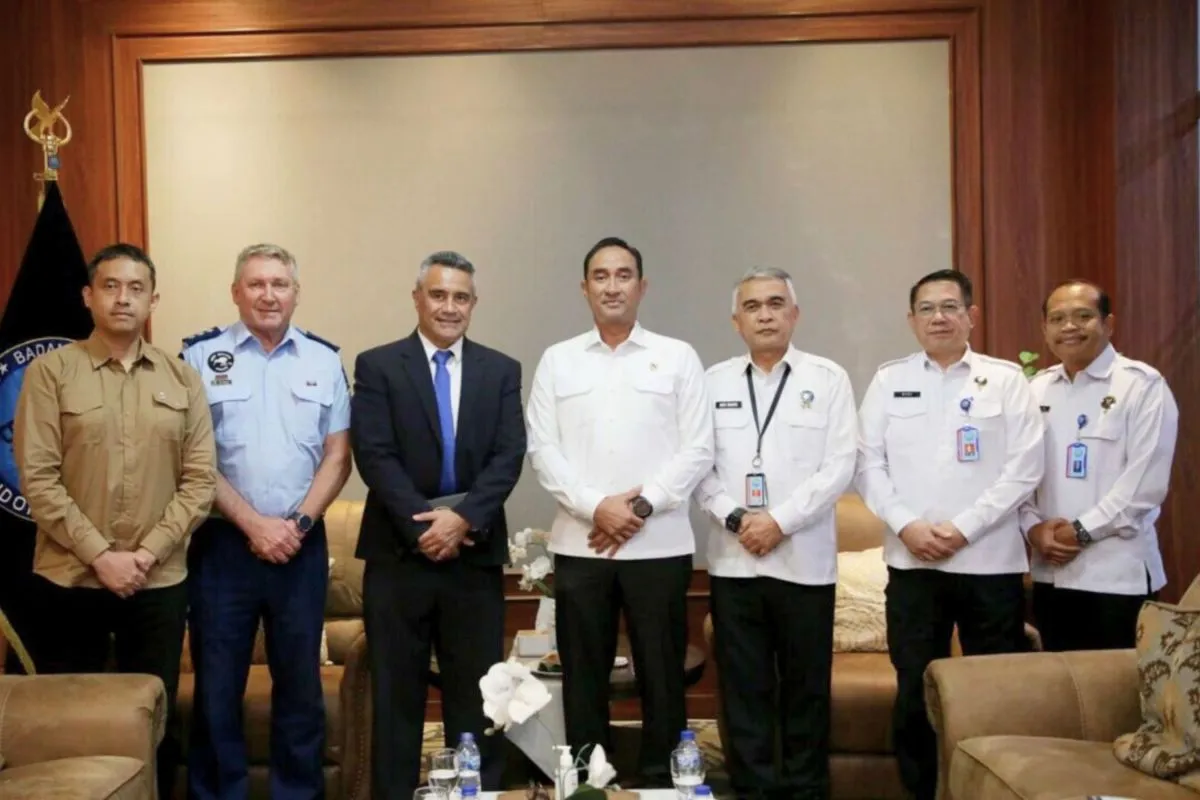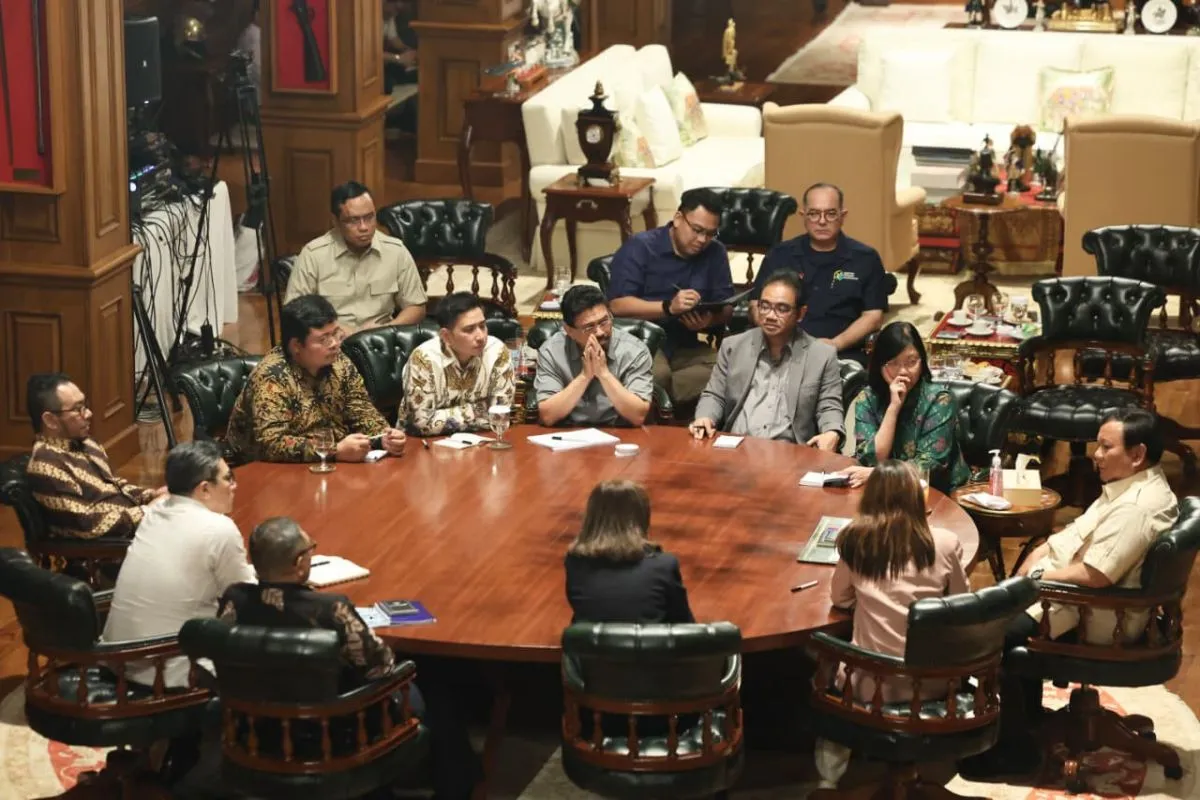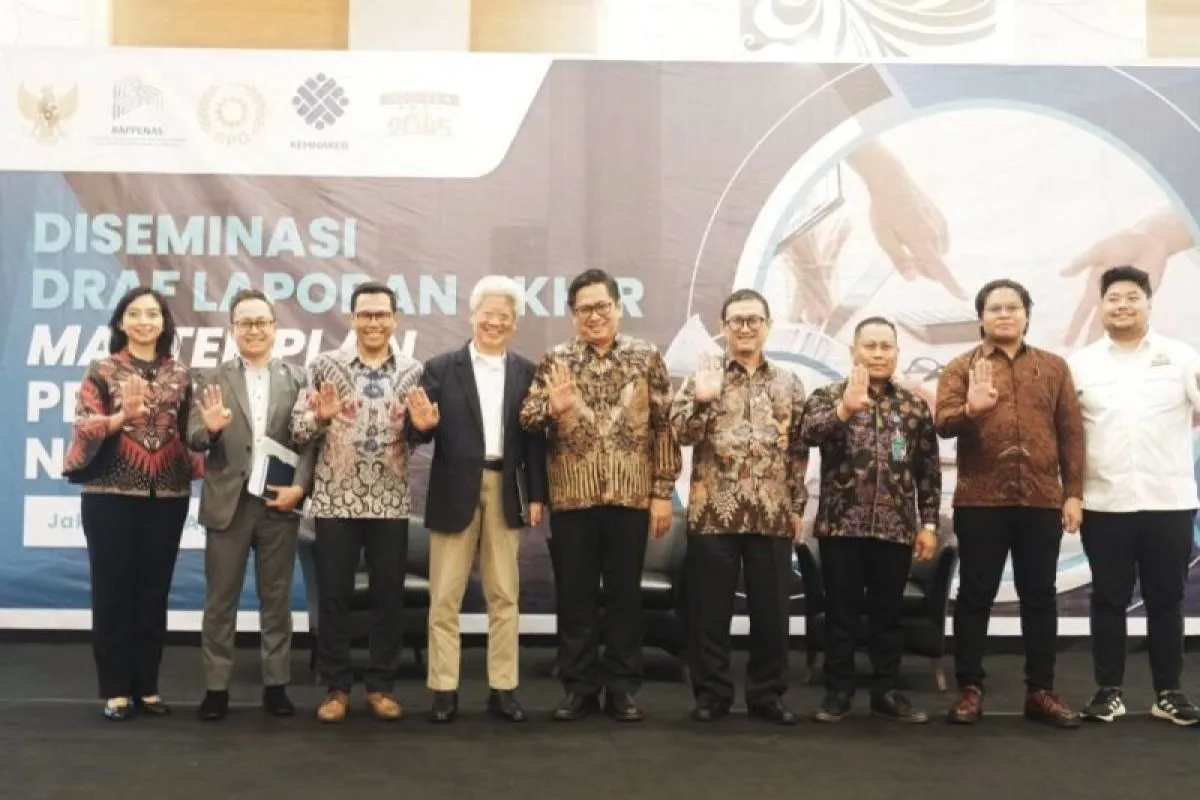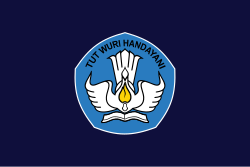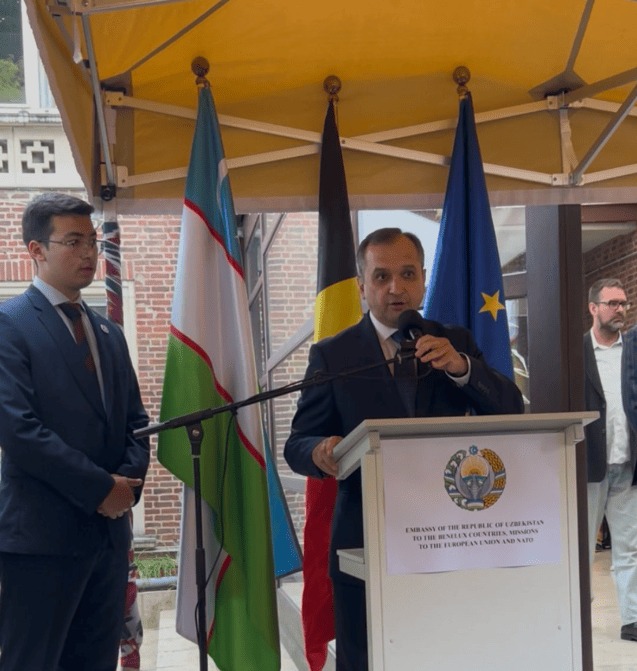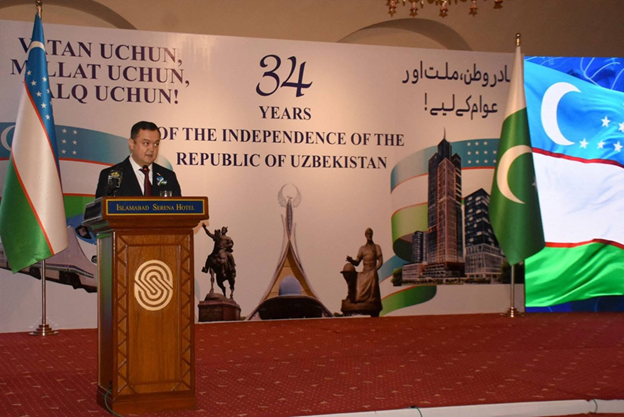Jakarta, July 24, 2025 – The Europe Today: The Presidential Communication Office (PCO) has clarified that the data transfer provisions in the recent trade agreement between Indonesia and the United States are limited strictly to commercial exchanges involving specific commodities and services, not general personal data.
“This is solely for commercial purposes. It does not mean handing over our data to be managed by other parties, nor does it allow us to manage other countries’ data,” emphasized Hasan Nasbi, Head of the PCO, during a press briefing at the Presidential Palace on Wednesday.
Nasbi explained that cross-border data sharing is crucial for the management of sensitive commodities, such as palm-based glycerin, which has both beneficial and potentially harmful uses — including its application in fertilizers or in the production of explosives. “In such cases, data transparency is essential to track buyers and sellers. This is part of our strategic management approach,” he noted.
Responding to public concerns, Nasbi firmly rejected the notion that the agreement encompasses the blanket transfer of personal data. He reassured that all data handling will comply with Indonesia’s Personal Data Protection Law, which ensures that such exchanges are only conducted with countries that have strong data protection mechanisms in place.
“We only exchange data in accordance with what is permitted under the Personal Data Protection Law, and only with countries that can ensure adequate data protection. This approach is also practiced by the European Union and many others,” he added.
The data transfer clause is one of several key provisions in the Indonesia-US reciprocal trade agreement, which was officially announced by the White House on Tuesday.
“Indonesia will provide certainty regarding the ability to move personal data out of its territory to the United States by recognizing the United States as a country or jurisdiction providing adequate data protection under Indonesia’s law,” read the statement from the White House.
In addition to digital data cooperation, the agreement also covers commitments on digital trade, services, and investment, as part of a broader strategy to deepen bilateral economic ties. The agreement follows recent trade tensions, including a 19 percent import tariff imposed by former US President Donald Trump on certain Indonesian products.
The new deal is viewed as a step toward resolving trade imbalances while aligning regulatory standards between the two nations.

